will be screened at HER Docs Film Festival in Warsaw, Poland on Sept 20th, 8.30 pm in the Kinoteka in a program called Glitch.
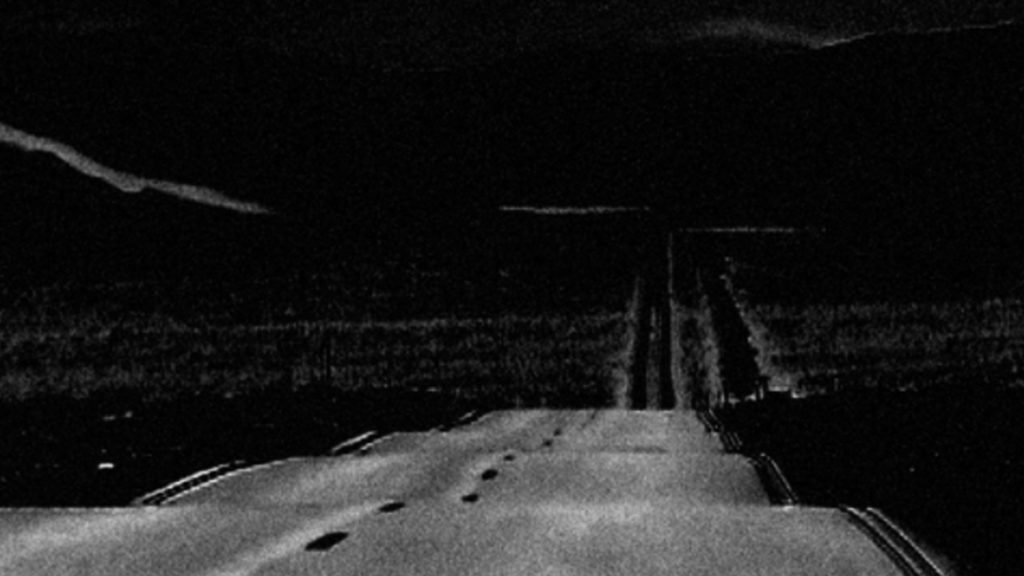
will be screened at HER Docs Film Festival in Warsaw, Poland on Sept 20th, 8.30 pm in the Kinoteka in a program called Glitch.

will be part of DRIFT VIDEO ART, EDITION #1, „PSYCHOGEOGRAPHY“ at the drive-in cinema in Groß Enzersdorf, Austria on September 12th. Thanks!
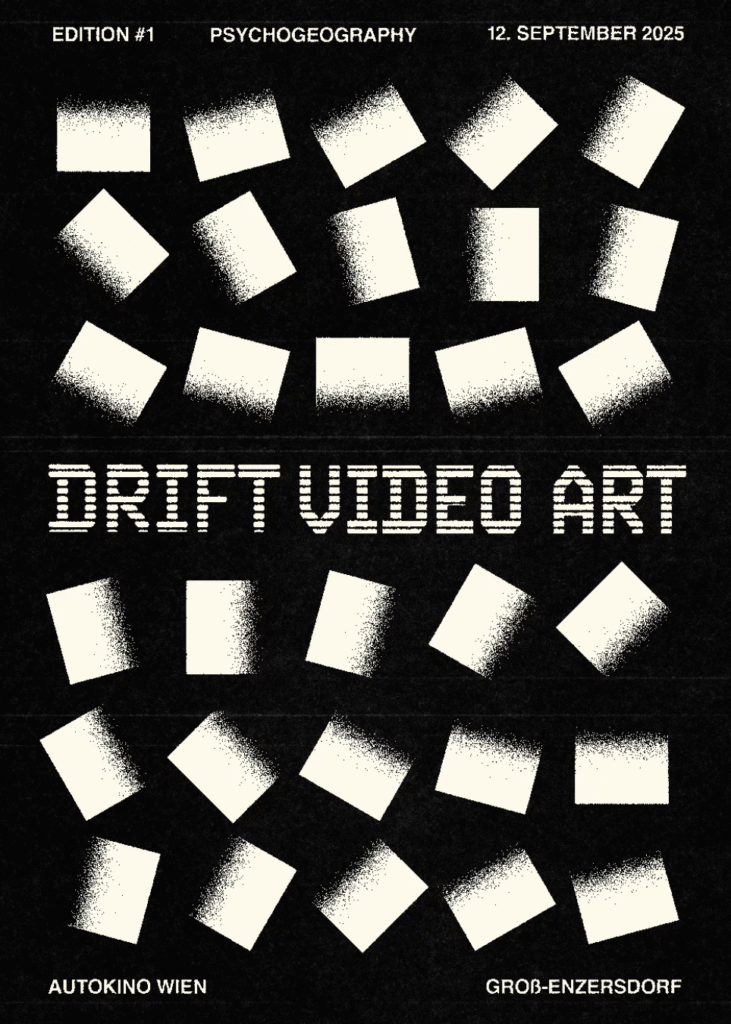
will be part of EVA Experimental Video Art Exhibition Bangkok/THA from August 27 – 15January .
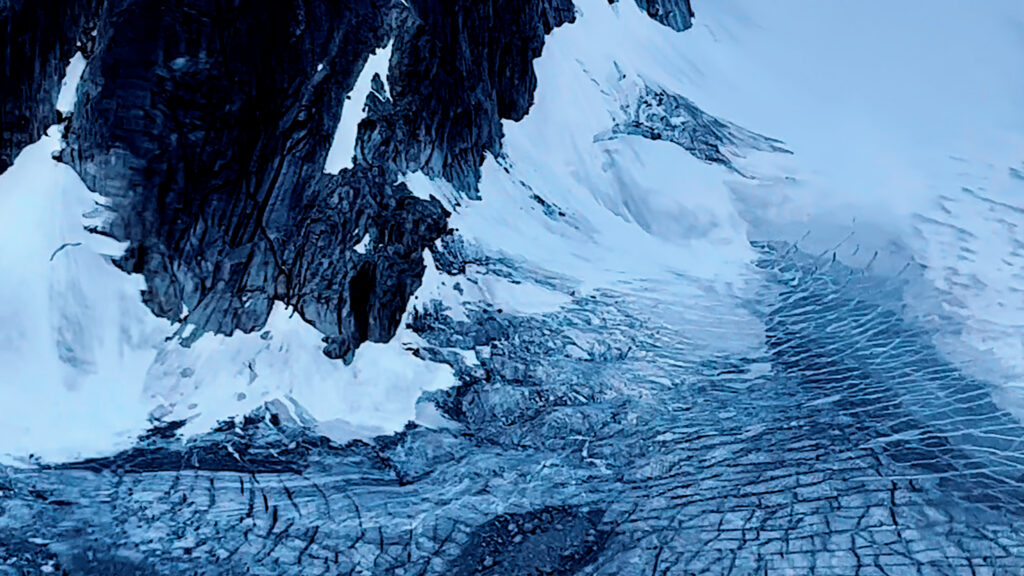
On June 10th this beautiful program curated by Mireille Laplace) will be screened in Marseille:
La mer, le voyage | La mer réinventée (The sea, the journey | The sea reinvented)
By working with light and color, adding filters and special optics, and using digital tools, experimental filmmakers and video artists give us their vision of the sea, the sky and the immeasurable expanse of the filmed space, showing us liquid surfaces split by waves and composite eddies. Sea, sky and sometimes land mingle in superimpositions or undulating layers.
Jacques Perconte, Guillaume Cailleau and Stéphanie Maxwell transform sackcloth and surf into paintings that are sometimes abstract, always strange and beautiful. Michaela Grill and Jürgen Reble plunge into the icy waters of the Arctic Ocean, blurring the visible boundaries between sky, water and ice, or inventing a landscape of improbable colors. (Mireille Laplace)
Oceande de Stéphanie Maxwell | 2014 | États-Unis | 11 min
Arktis de Jürgen Reble | 2004 | Allemagne | 30 min
Save My Heart de Jacques Perconte | 2016 | France | 10 min
Organ Movement de Guillaume Cailleau | 2016 | Allemagne | 11 min
Into the Great White Open de Michaela Grill | 2015 | Autriche, Canada | 16 min
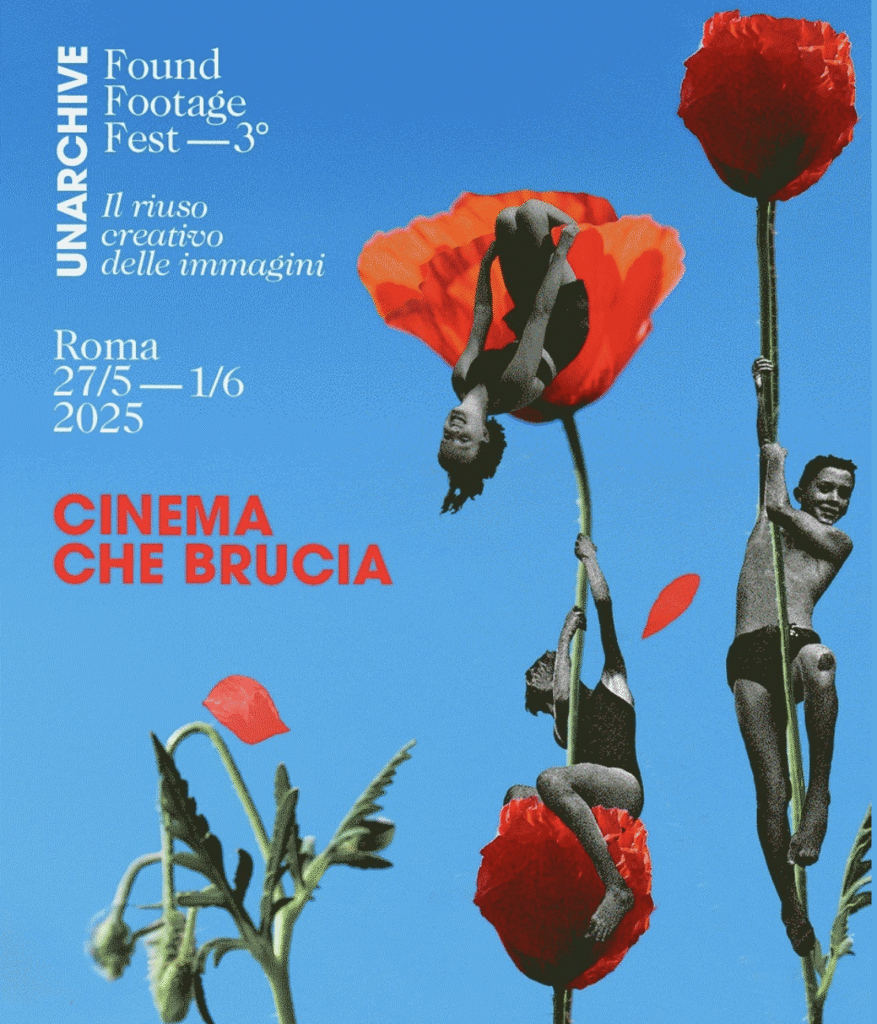
will be screened on May 31st at the Unarchive Festival in Rome. Grazie!
are part of the „Micrographia“ program on labocine all of June
at Filmmuseum Düsseldorf as part of the FISHING IN GREEN, LIVING IN YELLOW exhibition at the pool, Art and Exhibtion space.
How do humans influence plant transformation processes, and what role does photosynthesis play in this? What opportunities and risks do adaptations entail, and what can we learn from nature? In a dystopian, almost surreal atmosphere, transparent and luminous materials such as bioplastics made of agar-agar, silicone and latex are juxtaposed to explore the fluid boundaries between naturalness and artificiality and make them tangible for visitors. The artists are inspired by houseplants, algae production plants, deep-sea research, ghost mushrooms, bioluminescence and washed-up flotsam. How do we shape nature – and how does it shape us? Technological interventions are changing our perception of what we perceive as natural. But how can we rethink our understanding of the connection between humans, nature and technology? With Fishing in Green, Living in Yellow, the artists create a space that is both organic and futuristic. The exhibition invites visitors to reflect on the fragility and beauty of nature and our complex relationship with it.
Thanks Liza Dieckwisch, Jungwoon Kim, Mirjam Pajakowski!
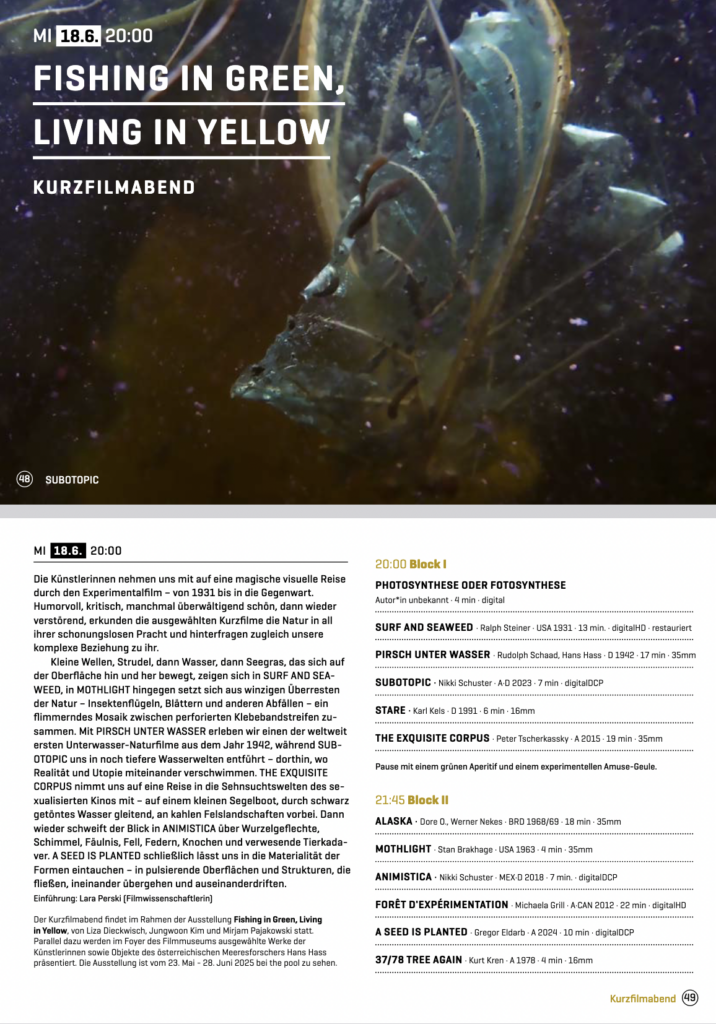
has been invited to the International Animation Festival SOLEIL Sozopol/BUL, June 5-7. Thanks!
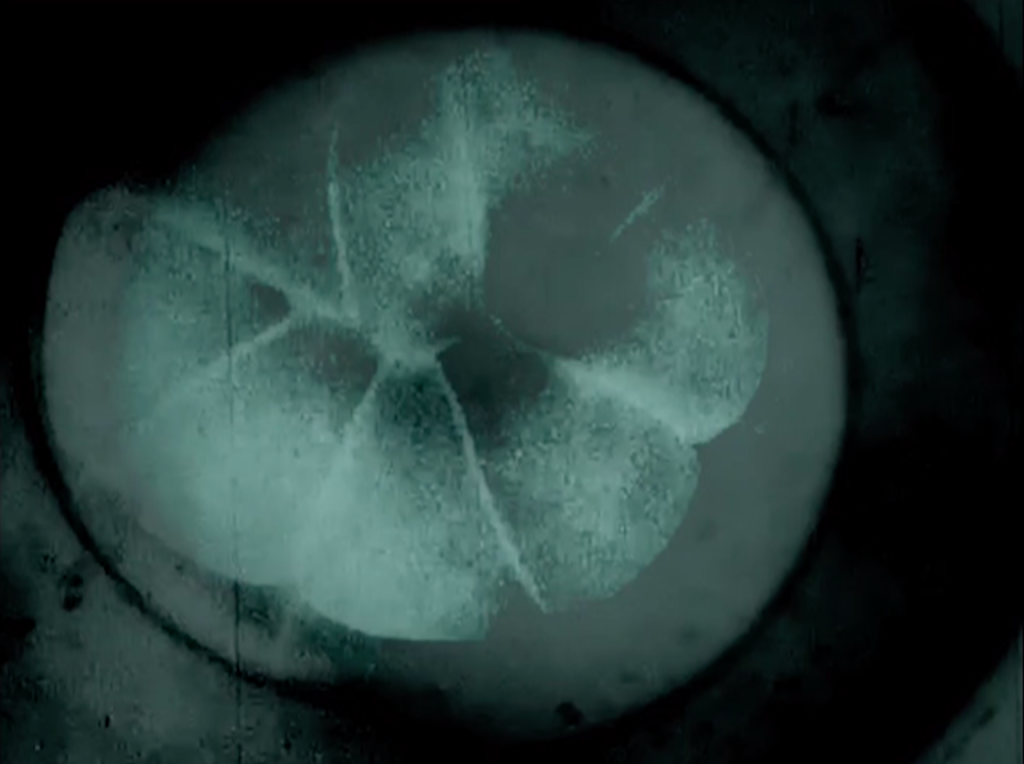
I have been invited by the Cinémathèque québécoise to create a new work for their Archives in the Hand of Filmmakers program presented at the FIAF congress.
The Sorrow of the Lynx takes a look at the Siberian ecosystem and effects of climate change like massive forest fires in the region. Stefan Németh made an amazing soundtrack for the film.
World premiere on Monday at 8.30 at the Cinématheque québécois.
https://www.cinematheque.qc.ca/…/archives-in-the-hands…
The Cinémathèque québécoise commissioned six artists (from both the experimental and animated film scenes) to create a short film using unselected Soviet films from a donation by collector François Lemai. Recomposing images, manipulating shots to remind us of their plastic value, producing a discourse that resonates with the approach of the artists invited… We invite you to discover the world premiere of these singular and powerful approaches.
Thanks for the invitation Guillaume Lafleur!
Can’t wait to see what Ralitsa Doncheva, Charles-André Coderre, Theodore Ushev and Steven Woloshen have created from the material.
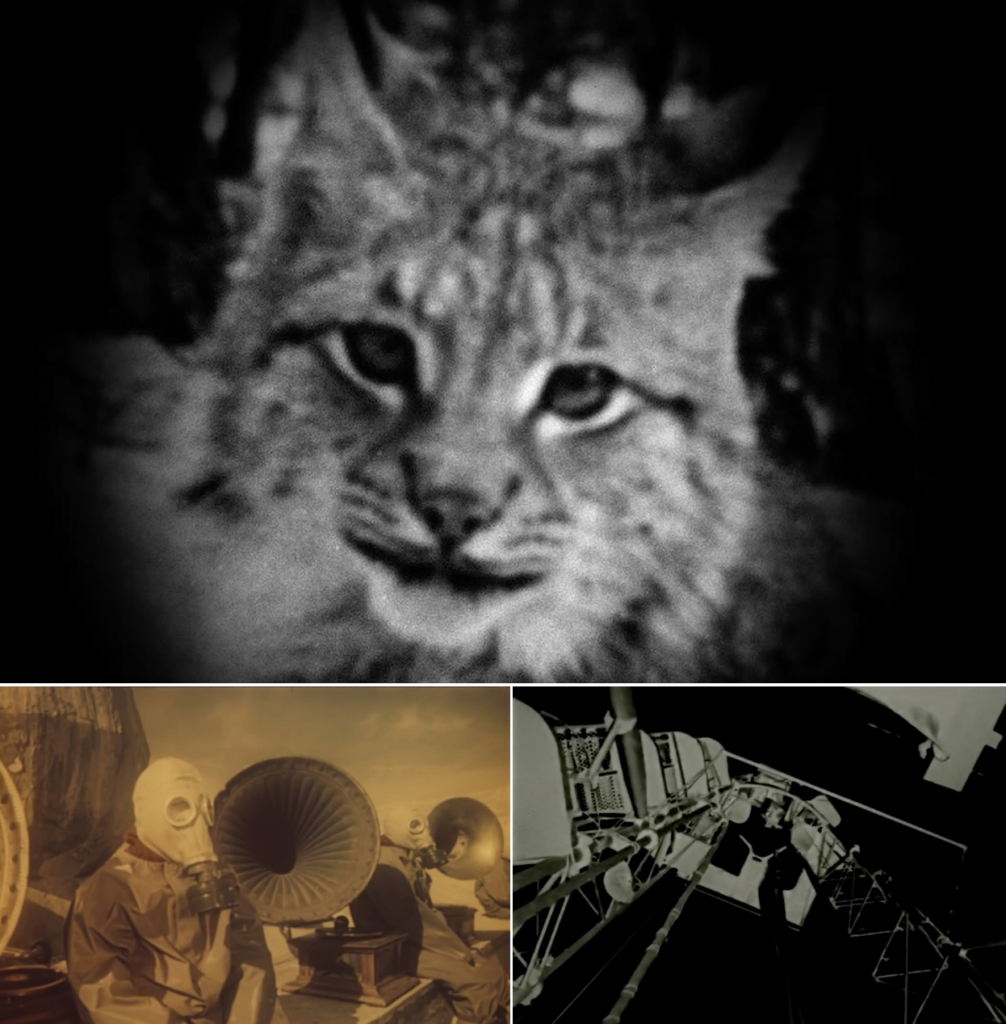
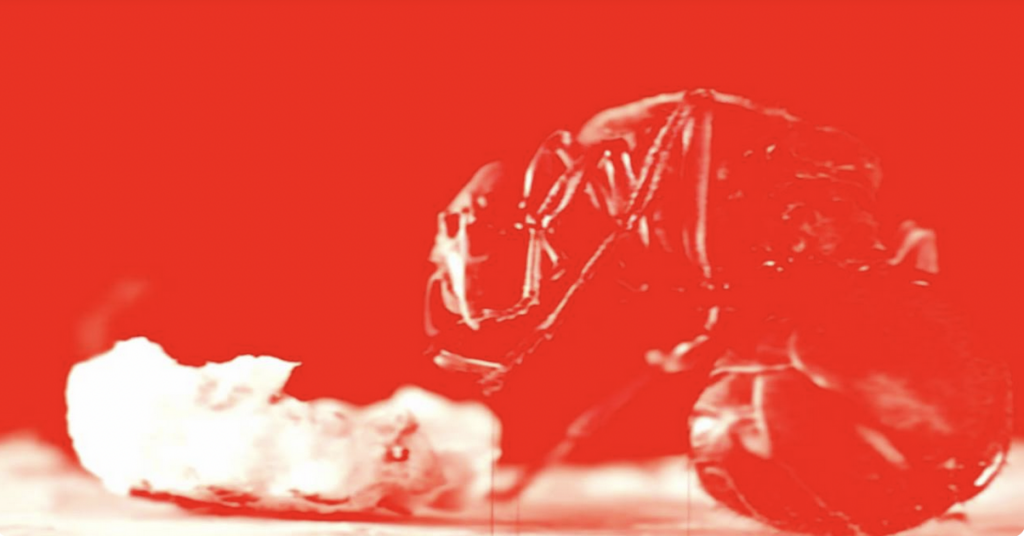
Opening evening of the study days: L’art du cinéma scientifique: archives, dispositif, spectacle. 24.4., 7pm, la lumiere collective
Program:
(d‘)Après Painlevé:
hallucinations, experimentations, dérives
A program of films proposed by Éric Thouvenel
FIlms projected:
Birds by the sea (Wolfgang Lehmann, 2008, 16mm, color, sound, 2mn)
The Kiss (Ian Bourn, 1999, Betacam SP, color, sound, 5mn)
Wasteland No. 3 : Moons, Sons (Jodie Mack 2021, digital, color, silent, 5mn)
Comingled Containers (Stan Brakhage, 1996, 16mm, color, silent, 4mn)
Eclipse (Jeanne Liotta, 2005, 16mm, color, sound, 3mn20)
Discoveries on the Forest Floor (Charlotte Pryce, 2006, 16mm, color, silent, 4mn)
Atomic Garden (Ana Vaz, 2018, 16mm, color, sound, 8mn)
Followed by
Délire Atta
A performance by Roger Tellier-Craig (sound), Michaella Grill (images)
and
Cadavre exquis #4 (The Nervous Urchins/Les oursins nerveux)
A performance by Miguel Morin, Merlin Campbell, André Habib
FREE ADMISSION (reservation required)